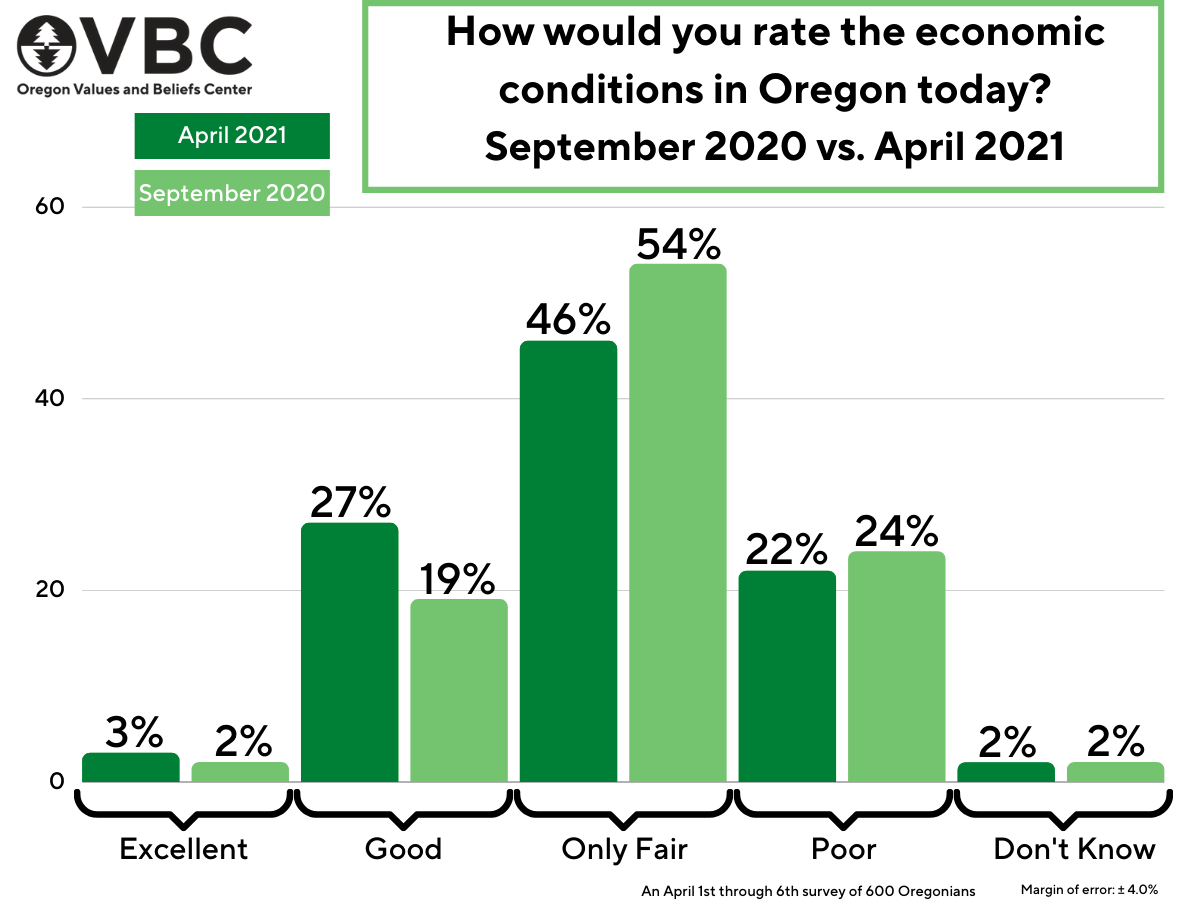The Weekly Way (4/23/21)
The future of our environment, elections, and approach to raising kids.
Editor’s Note: A “Public Only” Mentality
I had the great pleasure of golfing with my dad this week at Langdon Farms Golf Course. Golf typically isn’t celebrated as a particularly egalitarian activity. It’s expensive; it’s time and resource intensive; and it’s logistically complicated—driving to the course, wearing the “right” attire, following the “right” rules and norms, etc.
Langdon Farms tries to buck that trend. In contrast to courses that celebrate their exclusivity, this course is proudly “Public Only.” That saying is painted right over the entry gate and reprinted on every scorecard. What’s more, the course tries to keep rates relatively low and to keep the formality to a relative minimum.
This “Public Only” mentality is something that ought to be shared and embraced in other realms of life. Think of how you’ve felt on the outside of an exclusive club…you were likely frustrated, isolated, and agitated. Then compare that with the joy of being surrounded by people that are fiercely inclusive.
“Public Only” may seem like a somewhat obvious statement, but in these fragmented times, it’s worth finding more ways to remind people of the communities that include us all.
Hopefully it goes without saying but here at The Oregon Way, we’re definitely “Public Only,” as well as nonpartisan, pragmatic, and statewide.
Here’s to a better Oregon,
Kevin

To do:
Donate $20 today to Sustain the Way.
27 Oregonians have already contributed more than $1,210 total — join them!
Nominate a contributor
send their name and why you’d like them to join The Oregon Way team to Kevin (kfraz@berkeley.edu).
To ponder: Economic uncertainty remains in Oregon
To read:
With Earth Day in mind, Elden Rosenthal calls on Oregonians to steward the great outdoors within our state. Read the post here.
We are all familiar with the sentiment that our children are really not “ours,” but are simply loaned to us. The Idaho rancher felt the same way about his family’s land and the stream that runs through it. The steelhead and salmon that grace our land and our imaginations, that have nurtured Oregon’s land and the humans who live here, are not ours to despoil. We are the stewards of these magnificent animals, they are merely on loan to us.
How can we make Oregon the best place to be a kid? Kevin Frazier offers some ideas. You can explore them here.
Any good gardener would tell you that growing a plant takes planning, resources, and, of course, time. Any parent would tell you that raising a child requires the same. You need to plan for the arrival of a little one, have the resources to help them grow, and make sure those resources are available for the long haul.
When it comes to “growing” Oregon’s children, though, something has gone awry. Rather than design services around assisting parents and our little ones, families are forced to jump from service to service to try to patch together the resources required to help their child reach their full potential. This approach makes zero sense.
Why are candidates for school board opting out of candidate forums? Whatever the reason, voters deserve more. Check out the post here.
This episode should serve as a kick in the pants to Oregonians around the state — we ought to expect more from our officials, as well as from our fellow voters and our civic institutions. From our officials, transparency is essential — not only in responding to crises, but also in the day-to-day task of keeping community members engaged.
From our fellow voters, participation should be expected. With so much at stake, we ought to help our neighbors and friends stay up to date on what’s going on so that come election day, everyone is fully prepared to make an informed decision about what’s best for their community and Oregon as a whole.
Kevin Frazier reflects on the starkly different legislative sessions in Washington and Oregon. Read more here.
Reporting by OPB suggests that it’s our northern neighbors who have figured out how to reach Governor Roberts’ reasonable expectations for what Oregonians deserve from their legislators. When historians in 2171 read the reporting from Dirk VanderHart and Austin Jenkins, they’ll discover objective indicators of why many Oregonians have the sense that the current governing generation has missed its chance.
Both Oregon and Washington face immense barriers to good governance: an urban-rural divide, stark partisan differences, and each of the two major parties with a procedural option at their disposal to throw a wrench in the other obtaining any sort of political victory. Yet, Washington alone has managed not to let its barriers become nearly obstacles to progress.
To watch:
Did you miss Civic Saturday? That’s OK - watch Cyreena Boston Ashby, Alexandria Goddard, and Kevin Frazier here:
To quote:
It would be tempting, meeting as we are with disaster still ringing in our ears, to do only that which can be demonstrably connected to the immediate needs. But we would be untrue to our heritage if we did not apply ourselves to the long view, to chart a course for those who are to follow.
Governor Tom McCall, 1965




